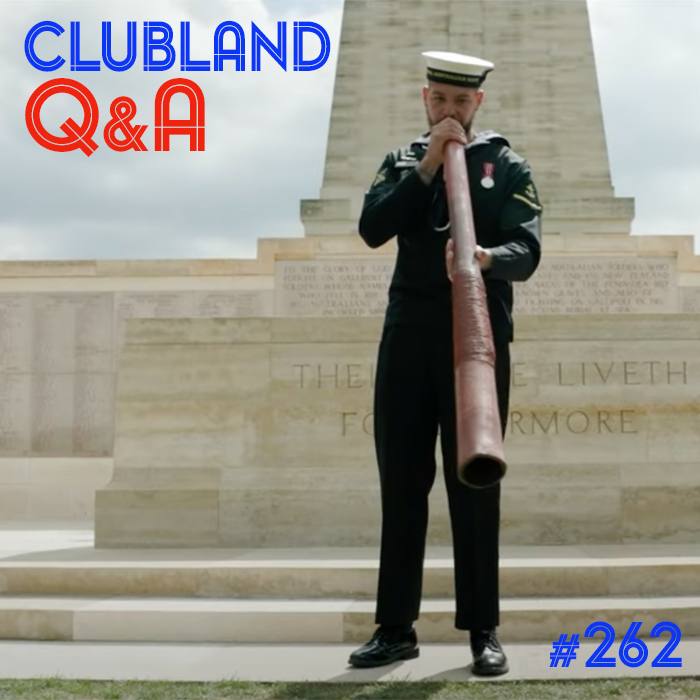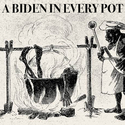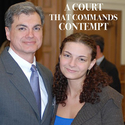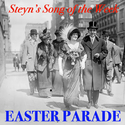Beyond The Mark Steyn Show:
Columns, poems, tales, music, movies and more from Mark and friends
Clubland Q&A
Live Around the Planet: Wednesday April 24th
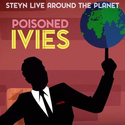
Mark takes questions from Steyn Club members around the world...
Steyn's Song of the Week
The Days of Wine and Roses
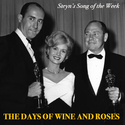
Mark celebrates the centenary of Henry Mancini...
Mark's Week in Review
A Se'nnight of Steyn: April 14 - 20
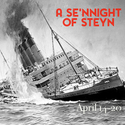
In case you missed it, here's how the last seven days looked to Mark:
Rick's Flicks
Island in the Sun: Pietro Germi's Seduced and Abandoned
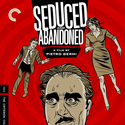
Rick McGinnis on a 1964 Italian comedy...
The Mark Steyn Audio Show
Muscle from Brussels
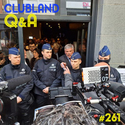
Mark answers questions on many topics, from a Belgian mayor's assault on free speech to jury selection in New York and Washington...
Politics & Current Affairs
The Habits of Liberty
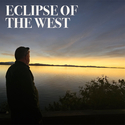
Steyn is interviewed by Frank Haviland of The New Conservative...
The War on Free Speech
Getting the Message
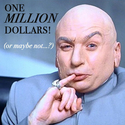
Steyn files three new motions in the DC Superior Court...
A Clubman's Notes
Weak and Shifty at the Corner House
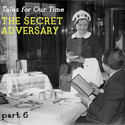
Programming note: If you missed today's Clubland Q&A live around the planet, the action replay will be posted shortly. Meanwhile, welcome to Part Six of our nightly audio entertainment - The Secret Adversary, an early Agatha Christie caper of Tommy & Tuppence attempting to scuttle coup-fomenting Bolshevists on the mean streets of London. James Fulford, a Mark Steyn Club member and my fellow Torontonian, writes: Since the duo have been forced to advertise again, it's worth noting that an ad in the paper started the adventurous careers of not only Tommy and Tuppence, but Wodehouse's Rupert Psmith...and Hugh 'Bulldog' Drummond. ('Clubland Hero' Drummond didn't need the money, though—he just found post WWI peace dull.) Indeed, James. I had ...
A Clubman's Notes
Sure Thing at the Ritz
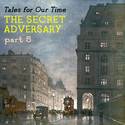
Part Five of a rather English adventure: an Agatha Christie caper set amidst Bolshevist plots on the streets of London - The Secret Adversary...
A Clubman's Notes
The Oilskin Packet
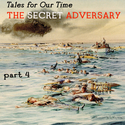
Part Four of our latest audio diversion: The Secret Adversary - Agatha Christie's 1922 caper set in a London seething with Bolshevists and labour unrest...
A Clubman's Notes
The Grill Room Awaits
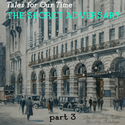
Welcome to Episode Three of Agatha Christie's tale of Bolshevist revolution looming on the streets of London...
A Clubman's Notes
Through an Estonian Glass Darkly
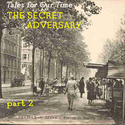
Welcome to Part Two of The Secret Adversary by Agatha Christie, our latest audio adventure in Tales for Our Time and set amidst Bolshevik intrigue on the streets of London...
A Clubman's Notes
The Young Adventurers, Ltd
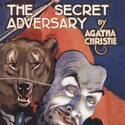
Welcome to the sixty-second audio adventure in our series Tales for Our Time - and our second venture into the work of the world's bestselling author, Agatha Christie...
The Mark Steyn Audio Show
Conrad Black on the Dirty Stinking Rotten Corrupt US "Justice" System

Mark talks to his old boss, the Rt Hon the Lord Black of Crossharbour...
The Mark Steyn Audio Show
Michele Bachmann on the US Election

Mark and Michele talk Trump, Biden and more...
Tales for Our Time
The Prisoner of Windsor
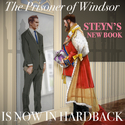
A remote fantastical kingdom far from Europe's chancelleries of power... An unpopular monarch on the eve of his coronation... A ruling class of plotters and would-be usurpers... ...and a gentleman adventurer on holiday. No, not Ruritania in the nineteenth century, but the United Kingdom in the twenty-first...
A Clubman's Notes
After the Match
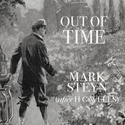
Tales for Our Time returns with a Steyn take on an H G Wells theme...


